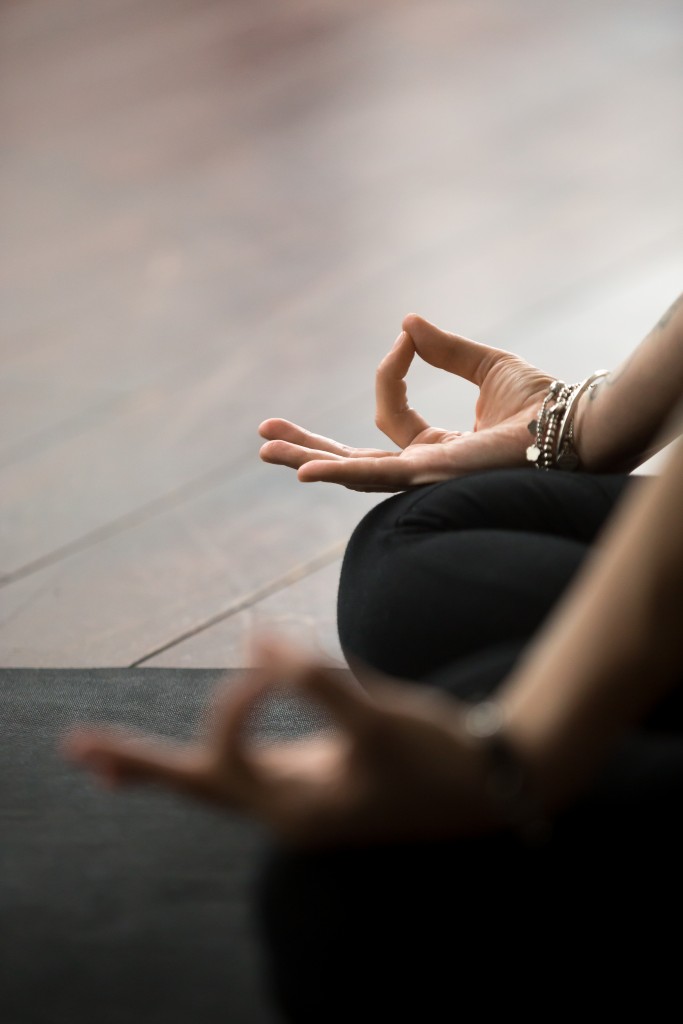Thanks to the coronavirus crisis, we are more stressed than ever. Some of us have never feared for our and our loved ones’ health and safety as we do now. Many are anxious to go out, get their groceries, or even run other important errands. We fear that a simple trip to the supermarket or visiting an elderly loved one will only put them at a greater health risk. But health and safety concerns are not our only stress trigger during the crisis
Loneliness and Isolation
Social distancing rules made people feeling lonely and isolated. Those who still work outside of their home need to take extra precautionary measures to keep their household members safe. This is especially true for those who work in hospitals and care for Covid-19 patients.
Those who live alone and are now working from home no longer have coworkers to talk to in person. They sit alone in their makeshift home office trying to stay productive. They can’t even visit close family members nor have brunch with friends without stressing about the potential health dangers of going out.
Seniors are advised to isolate themselves, making many of them feeling depressed. Even those who are in nursing homes can no longer enjoy the company of their friends and caregivers after strict measures were imposed. With more of us feeling lonely and isolated, our mental health can greatly suffer and cause us to experience difficulty of sleeping, depression, anxiety, cognitive decline, and impaired executive function.
The good news is, tech innovations make it easy to combat loneliness and isolation. People make use of different technologies to keep in touch with their loved ones without risking the spread of the virus. Nothing can compare real-life encounters but this will do for now.
Privacy and Home Safety Concerns
As we shelter in place, many homeowners are now improving and renovating their homes. They focus on the things that need maintenance and repair. They also invest in projects that will boost home security and privacy.
As we spend more time indoors, we become extremely concerned about home security and privacy. This is since kids are also out of school and staying indoors 24/7. If the house is not child-friendly enough, can be easily trespassed, or is not well-maintained, we can’t feel at peace in our own home.
It is true that some crimes in some states decreased mid-pandemic. But in other areas, crime rates are up like burglaries in San Francisco and Seattle. If you take home security and privacy for granted, you are already putting your family’s safety at risk.
What others did was to tackle home improvements to boost home safety and privacy. Many invested in smart home security, better door and window locks, fences and even bought new estate gates for sale. Others focused on hiring local services to change the locks in their houses, professional landscaping services, and security guards for larger properties.
Remote Work, Childcare, and Housework Clash

As kids stay at home while learning and their parents are working remotely, parents often have a hard time balancing their time. Do they focus on their kids who require three meals a day, and engaging activities, or a clean home? Or would it make better sense to focus on your remote job instead?
Since many of us are new to this kind of setup, most fail to achieve a work-life balance. Parents feel guilty for failure to provide their kids with their much-needed attention. The same goes for them lacking the energy to stay productive at work and their housework.
Companies should make sure they get to keep their employee’s mental health at bay. Parents should take turns watching over the kids and taking care of the house. If a babysitter or professional house help won’t work, they need to find other ways to accommodate these three crucial tasks each day.
Financial Issues
Millions were left jobless mid-pandemic. Others lost their business after their industry was badly struck. As more people are now living on their savings, they are beginning to struggle to live a more modest life. Some can’t even afford their mortgage or rent let alone an extra, meal each day.
Financial struggles can be a major mental stress trigger. This can leave you restless, leading to more debts, increase your risk for anxiety and depression. Some even found solace in substance abuse.
Focus on these things you can still control, like examining your financial situation and reprioritizing your expenditure. Consider unemployment benefits, suspending youth mortgage payments, consolidating debt, and start rigorously saving for a rainy day fund. Once you found another job, choose to keep it and have more than a single income source.
These days, we are not only concerned about our health and safety. Many of us are also struggling financially and emotionally. Some can’t handle remote work, housework, and childcare at the same time. There are also those who fear about their home security and privacy since they also live with their families. Learning how to deal with these stress triggers can help you overcome such challenges and better manage your pandemic-driven stress.

